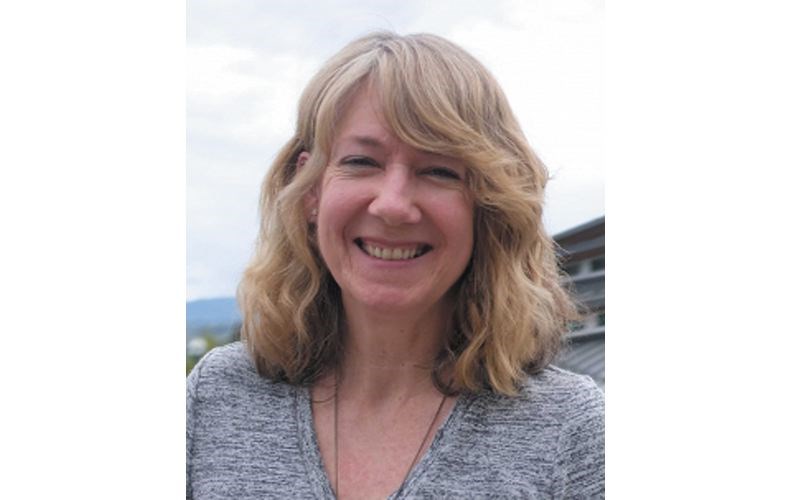UNBC postdoctoral researcher Alison Gerlach is the latest recipient of the prestigious national Banting Fellowship.
Gerlach received the 2016-17 fellowship from the Canadian Institute of Health Research.
"This is a great privilege and a shock," Gerlach said. "Out of 178 applicants, I was one of the 24 awarded."
Banting Fellowships are worth $70,000 a year for up to two years of research.
Gerlach's research project, Rethinking Early Intervention Therapy with Indigenous Communities and Families in Northern British Columbia: A Critical Inquiry, deals with understanding early intervention therapy services and programs and how these services can be responsive, culturally safe and effective for indigenous infants and young children and their families.
For many reasons, indigenous families may not feel safe in accessing early intervention therapy according to Gerlach.
Services and programs include speech-language pathology, occupational therapy and physiotherapy.
"This is research I've wanted to pursue for many years and with this fellowship, I can now do it," Gerlach said.
"I want to understand how living in different parts of the north affects families and the way in which they receive services. I want to look at rural and remote communities. What will these services look like? This research will determine that. And it's not just a physical access problem but it's also about services not being easily available."
First Nations studies and education professor, Margo Greenwood will supervise Gerlach's fellowship.
Greenwood is also the academic director of the National Collaborating Centre for Aboriginal Health (NCCAH) hosted by UNBC.
"The NCCAH is an international leader in informing indigenous public health issues. There is also a clear, strategic priority at UNBC to do research with indigenous communities that benefits indigenous communities," Gerlach said.
"There's also a lot of really exciting work underway in the North in terms of innovative, community driven approaches to improving indigenous communities and families in northern B.C. people's health. I think the North is leading the way in that area and this is a great opportunity to contribute to this work."



